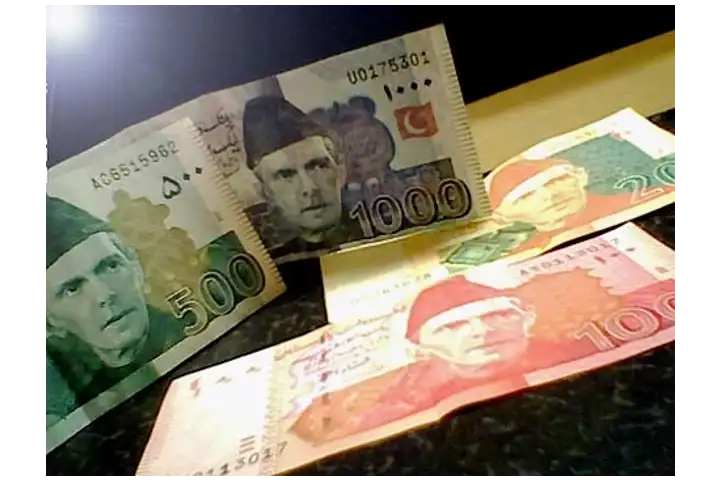In a major setback to cash starved Pakistan, its negotiations with the International Monetary Fund for a bailout package has hit a roadblock. The two sides failed to reach a consensus. The IMF has stressed the need to remove the existing subsidy on fuel and electricity. While former prime minister Imran Khan, just before exiting office, slashed prices of petrol and other commodities till the Budget Session in June, the Shehbaz Sharif government has not been able to roll back the subsidies amid soaring inflation.
The subsidies would cost about $2.1 billion to the exchequer.
Pakistan’s economic situation is deteriorating rapidly with its rupee breaching the 200 to a US dollar level for the first time amid falling foreign exchange reserves.
Analysts told India Narrative that the current political turmoil driven by former prime minister Imran Khan’s anti government rallies and protest marches along with the rise in violence especially against Chinese expatriates and several projects under the China Pakistan Economic Corridor (CPEC) could further dent investments and business sentiments in the South Asian nation, which is desperately looking at ways to avert a debt default.
Foreign direct investment (FDI) inflow into the country is also slowing. Data published by the State Bank of Pakistan revealed that FDI inflow in the first 10 months of 2021-22 was down 1.6 per cent on a year-on-year basis to $1.45 billion. What is worrisome for Pakistan is the thinning of FDI inflow from “iron brother” China.
Chinese FDI into Pakistan decreased 49.1 per cent on a year-on-year basis to $355.8 million during the July-April period. Pakistan’s financial year commences from July.
Karachi based newspaper Dawn said, the FDI inflow registered no change over the past year despite the weakening in the external account. “A record-high trade deficit, gap in the current account and a steep fall in the value of the local currency against the dollar and other major currencies have contributed to the weakening of the country’s external sector,” it said.
Amid rising economic uncertainties in Pakistan, investments among other things will be critical to accelerate industrialisation and provide jobs to its growing population
“Pakistan desperately needs to increase investments but for any economy to do well and draw investments, political stability is key..unfortunately for Pakistan, that does not seem to be the case,” a foreign policy watcher told India Narrative. An increased inflow of FDI would also push the country’s dwindling foreign exchange reserves.
Voices rising against Pakistan’s single point focus on Kashmir
With the economic situation turning critical, there is a growing chorus within the country that Islamabad should focus on solely on reviving the economy and not emphasise on “issues that are not core such as Kashmir.”
“Whenever people or policymakers talk of normalising trade with India, the narrative is taken over by the Kashmir issue…it has not helped the country and will not in the near future. It is time that the administration and policymakers take pragmatic decisions to steer the country out of this situation,” an analyst who has been closely monitoring the South Asian region, told India Narrative.
Earlier, Pakistan’s business tycoon Mian Muhammad Mansha underlined the need for Islamabad to build bridges with India to boost trade and economic growth. However, he came under severe criticism from a section of the society. Former ambassador to India Abdul Basit lashed out at Mansha saying that until the Kashmir issue is resolved, normalisation of relations with India would never be a reality.
An article in Pakistan based Dawn highlighted that Bangladesh, which started off as a poor cousin of Pakistan after the bitter 1971 war, has emerged as a strong economy in the last five decades. Bangladesh Prime Minister Sheikh Hasina, the article noted, has successfully steered the country away from extremism and radicalism.
“Bangladesh sees its future in human development and economic growth. Goal posts are set at increasing exports, reducing unemployment, improving health, reducing dependence upon loans and aid, and further extending micro credit,” an article carried by the Pakistan based Dawn said in 2019. “For Pakistan, human development comes a distant second. The bulk of national energies remain focused upon check-mating India. Relations with Afghanistan and Iran are therefore troubled; Pakistan accuses both of being excessively close to India,” the article added.

